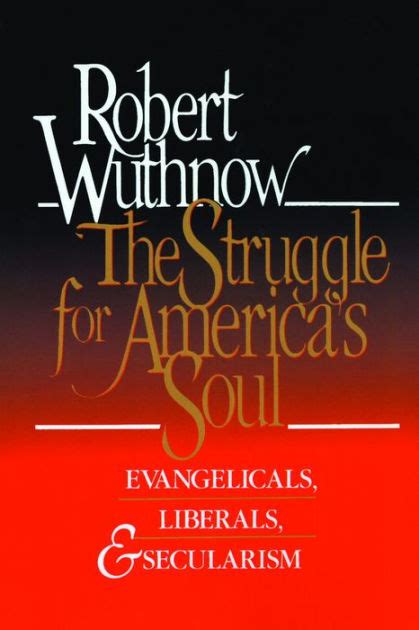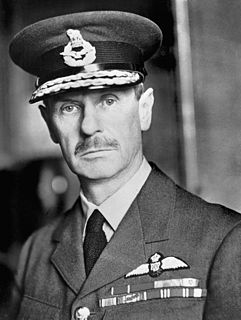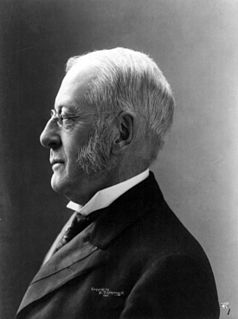A Quote by E. F. Schumacher
We still have to learn how to live peacefully, not only with our fellow men but also with nature.
Related Quotes
The danger, then, is that materialism is not only shaping how we live but the way we think as well. It influences our consumer tastes and our preference for high-paying jobs, but it also alters our capacity to pray, the nature of our prayers, and the ways in which religious tutelage instructs our values.
If people can be educated to see the lowly side of their own natures, it may be hoped that they will also learn to understand and to love their fellow men better. A little less hypocrisy and a little more tolerance towards oneself can only have good results in respect for our neighbor; for we are all too prone to transfer to our fellows the injustice and violence we inflict upon our own natures.
We cannot hope to die peacefully if our lives have been full of violence, or if our minds have mostly been agitated by emotions like anger, attachment, or fear. So if we wish to die well, we must learn how to live well: Hoping for a peaceful death, we must cultivate peace in our mind, and in our way of life.
I am by nature the most intolerant and insular Englishman... If you happen to be a person like that and you learn from evidence (which you are prepared to accept) that in the past you have been a Chinese, an Egyptian, a Persian, a Red Indian... you begin to assume a somewhat less exclusive view of these our fellow men.
Our prayer must not be self-centered. It must arise not only because we feel our own need as a burden we must lay upon God, but also because we are so bound up in love for our fellow men that we feel their need as acutely as our own. To make intercession for men is the most powerful and practical way in which we can express our love for them.
We all faced painful ethical challenges before we even knew how to spell our names. There were tough choices. Tradeoffs. Confusing signals regarding how to live one's life. And here we are now, today, still struggling. Still trying to sort things out. Still trying to work our way through life effectively. About the only thing that has changed is the scope of the problem. There's more at stake now. And we're in a position, as grownups, to do a lot more-good or bad-for ourselves, our organization, our world. But we still must wrestle with our imperfect ethics.



































